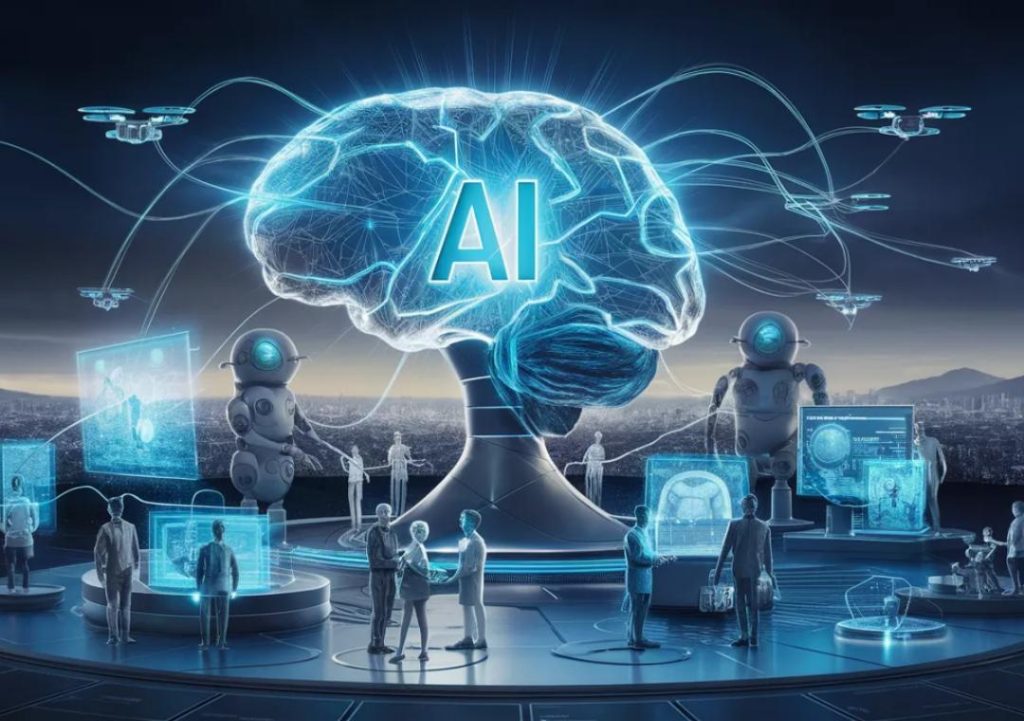
Why Rationality is the Secret Sauce in Future AI Systems
As AI systems grow more complex, the need for rational decision-making has become a pressing concern. With the rise of automation, machine learning, and deep learning, AI systems are increasingly expected to make accurate, outcome-focused decisions that benefit humans. However, traditional rule-based models are no longer sufficient to meet these demands. In this blog post, we’ll explore why rationality is the secret sauce in future AI systems, enabling them to adapt, learn, and thrive in an ever-changing environment.
The Evolution of AI Decision-Making
In the early days of AI, decision-making was largely based on pre-programmed rules and heuristics. These rule-based models were effective for simple, well-defined problems, but they soon became limiting as AI systems were tasked with more complex, dynamic challenges. Rule-based models struggled to adapt to changing circumstances, leading to errors, inefficiencies, and a lack of trust in automation.
The Rise of Rational Agents
Enter rational agents, a new breed of AI decision-makers that are revolutionizing the field of AI. Rational agents are designed to adapt in real-time, assessing their environment and choosing actions that serve a specific purpose. Unlike rule-based models, rational agents don’t rely on pre-programmed rules or heuristics. Instead, they use logic, reasoning, and evidence to make decisions that are tailored to their goals and objectives.
The Benefits of Rationality in AI
So, why is rationality the secret sauce in future AI systems? The benefits are numerous:
- Improved Accuracy: Rational agents are less prone to errors, as they are designed to evaluate evidence and make informed decisions. This leads to more accurate outcomes, which is critical in applications like healthcare, finance, and transportation.
- Increased Precision: Rational agents can optimize their decisions based on specific goals and objectives, leading to more precise results. This precision is essential in industries like manufacturing, logistics, and energy management.
- Better Trust in Automation: Rational agents build trust by making transparent, explainable decisions. This increases confidence in automation, as users understand the reasoning behind the AI’s choices.
- Adaptability: Rational agents can adapt to changing circumstances, making them more effective in dynamic environments. This adaptability is critical in applications like autonomous vehicles, robotics, and customer service chatbots.
- Scalability: Rational agents can be applied to a wide range of applications, from simple decision-making to complex, multi-agent systems.
Real-World Applications of Rational Agents
Rational agents are already being applied in various industries, with impressive results:
- Autonomous Vehicles: Rational agents are being used to control self-driving cars, making decisions about route optimization, traffic management, and obstacle avoidance.
- Financial Trading: Rational agents are being used in trading platforms to make investment decisions based on market analysis, risk assessment, and portfolio optimization.
- Healthcare: Rational agents are being used in medical diagnosis, treatment planning, and patient care, allowing healthcare professionals to focus on high-value tasks.
- Customer Service: Rational agents are being used in chatbots to handle customer inquiries, resolve issues, and provide personalized support.
The Future of AI: Rationality as the Foundation
As AI continues to evolve, rationality will play a crucial role in shaping the future of decision-making. By leveraging rational agents, AI systems will become more accurate, precise, and adaptable, leading to improved outcomes and increased trust in automation.
In conclusion, rationality is the secret sauce in future AI systems. By adopting rational agents, AI developers can create more effective, efficient, and trustworthy decision-making systems that benefit humans. As the field of AI continues to evolve, the importance of rationality will only grow, paving the way for a future where AI works not just smarter, but also more rationally.
Source: https://www.growthjockey.com/blogs/rational-agents-in-ai






